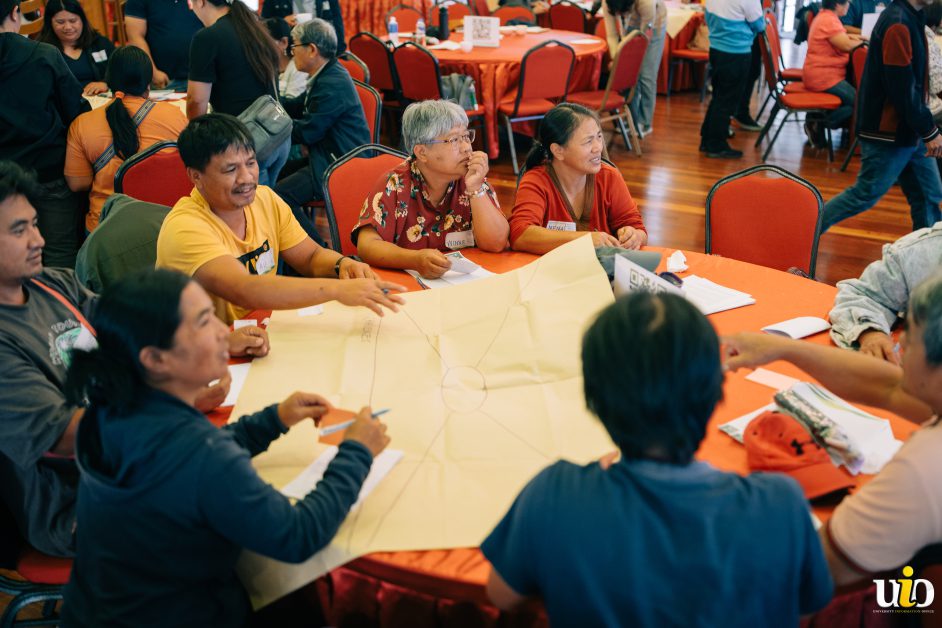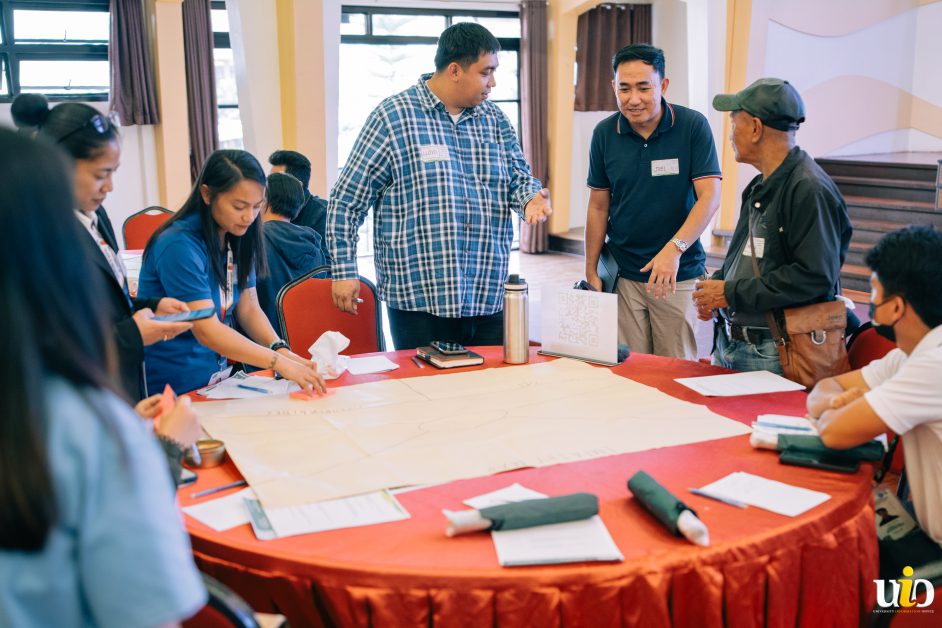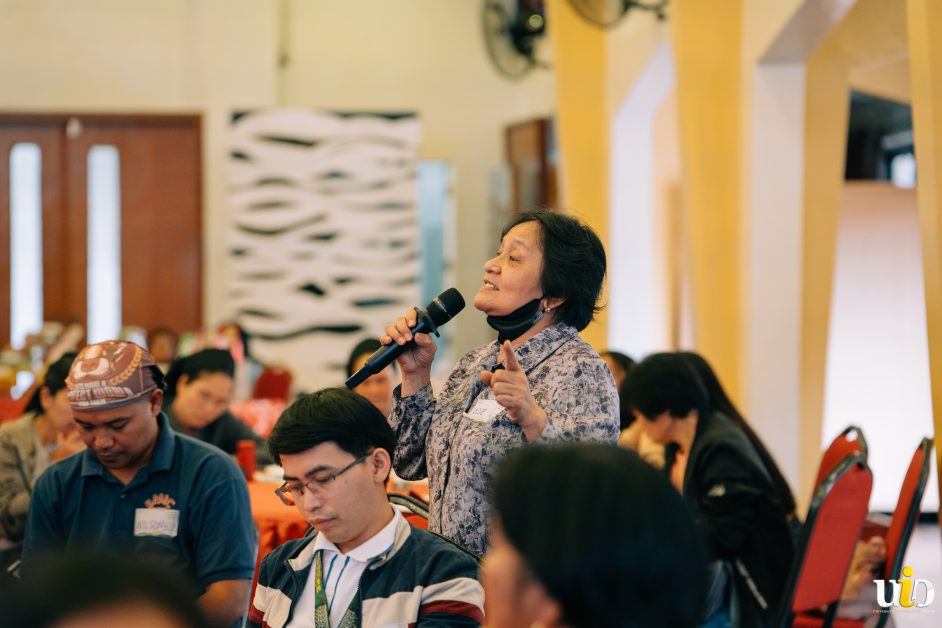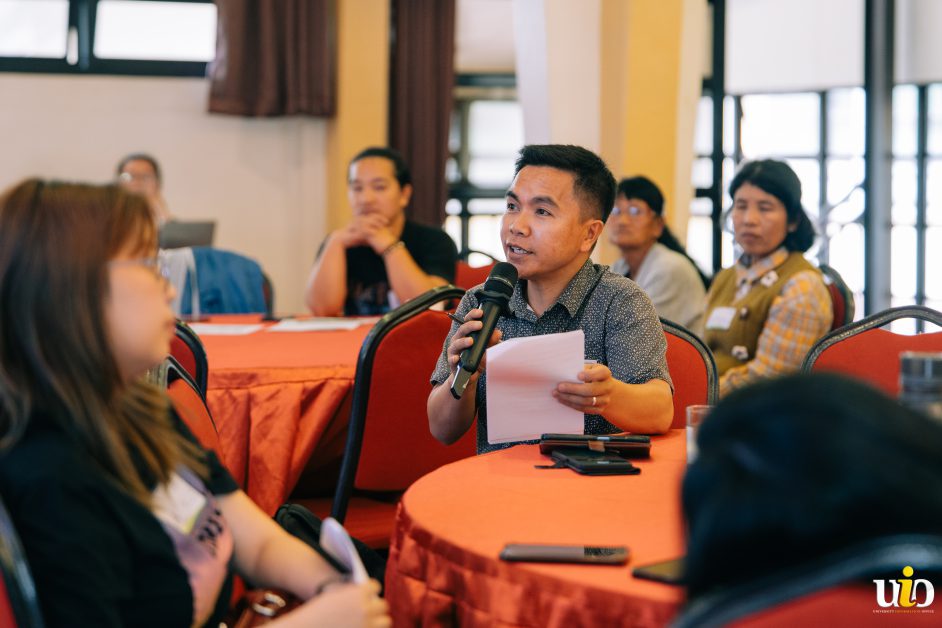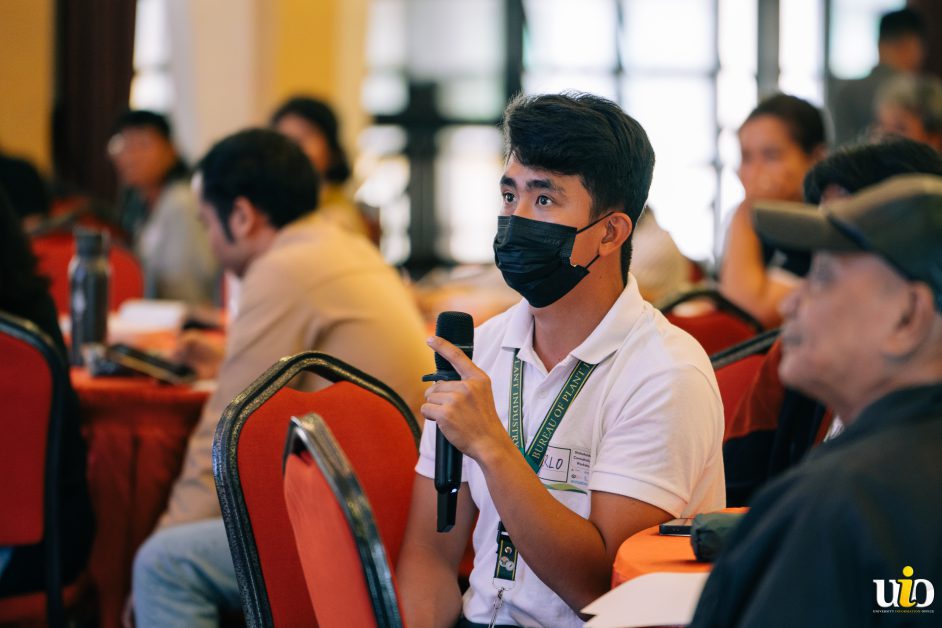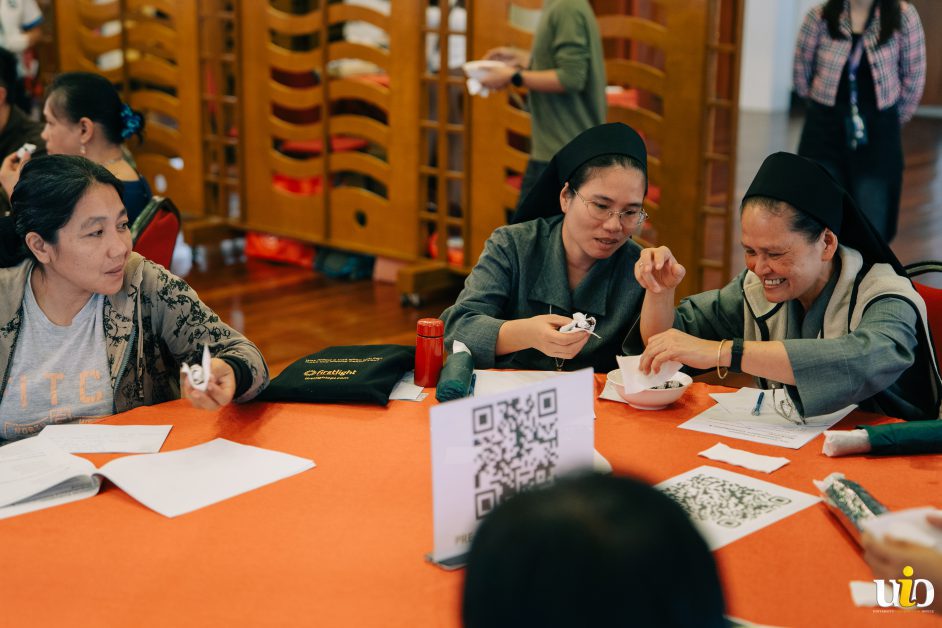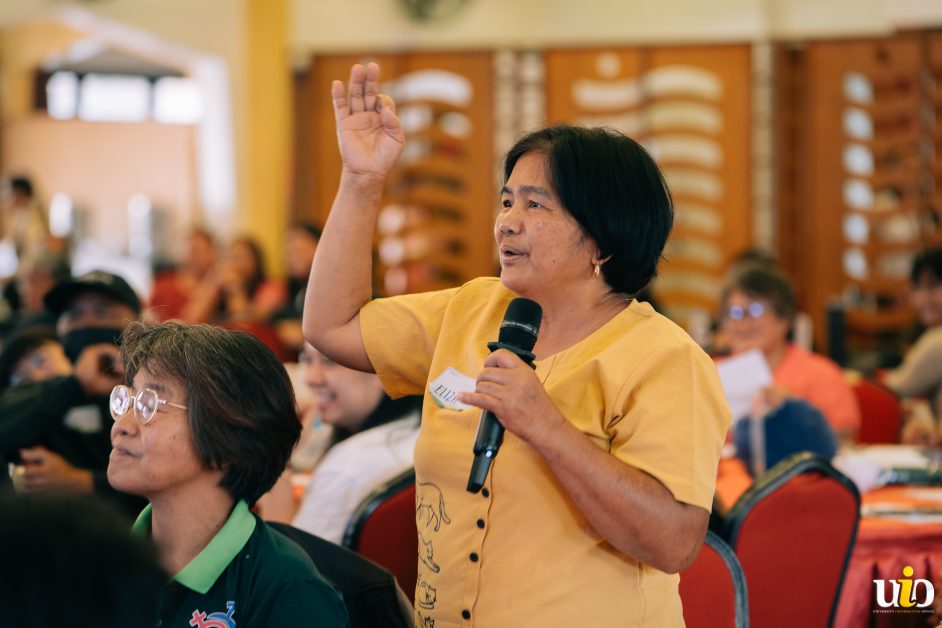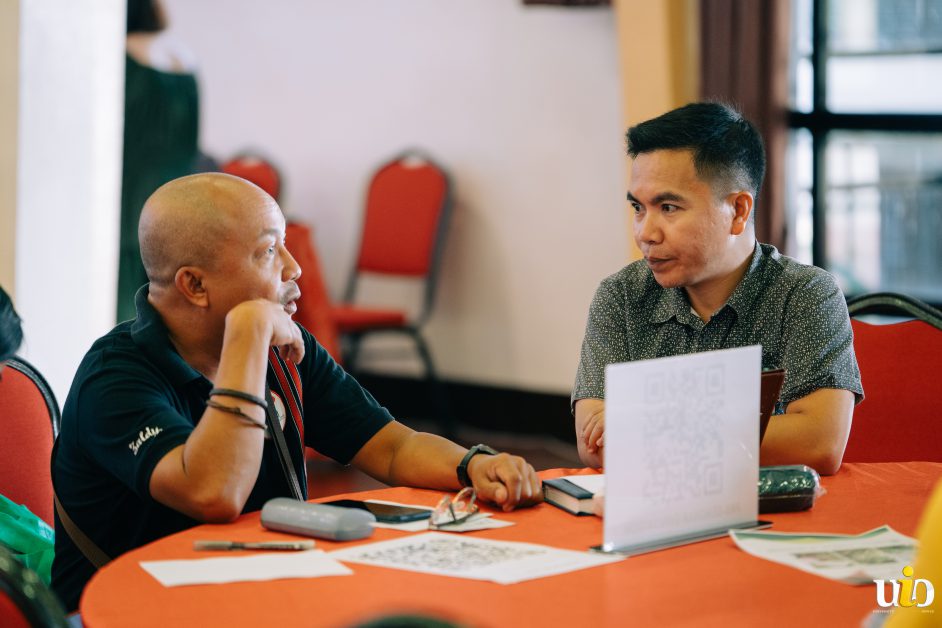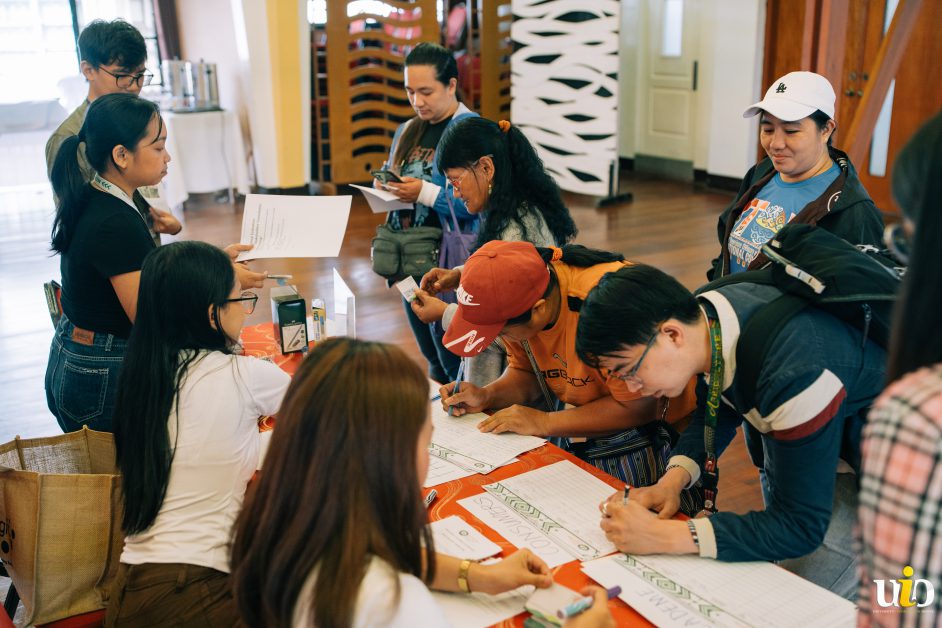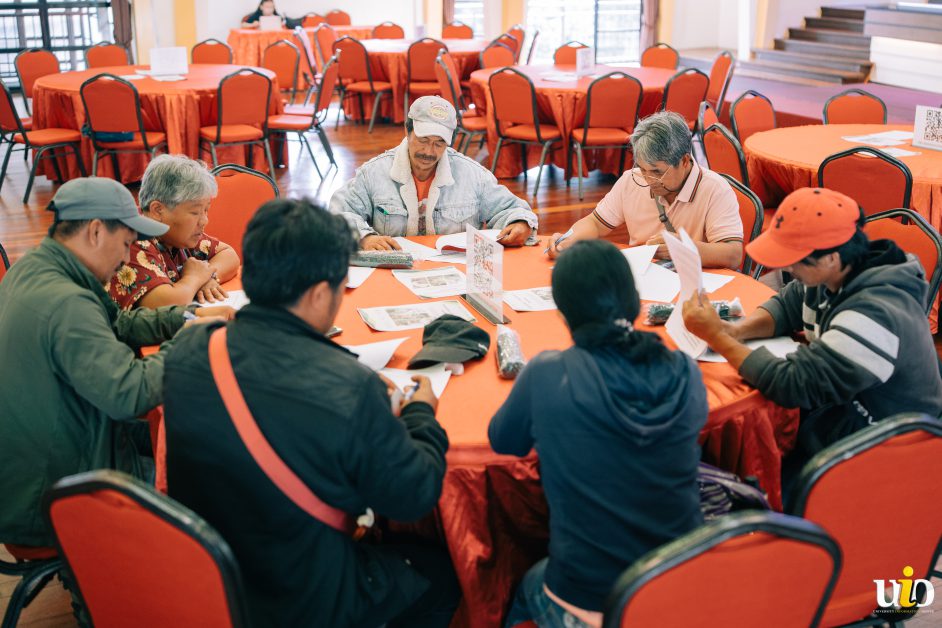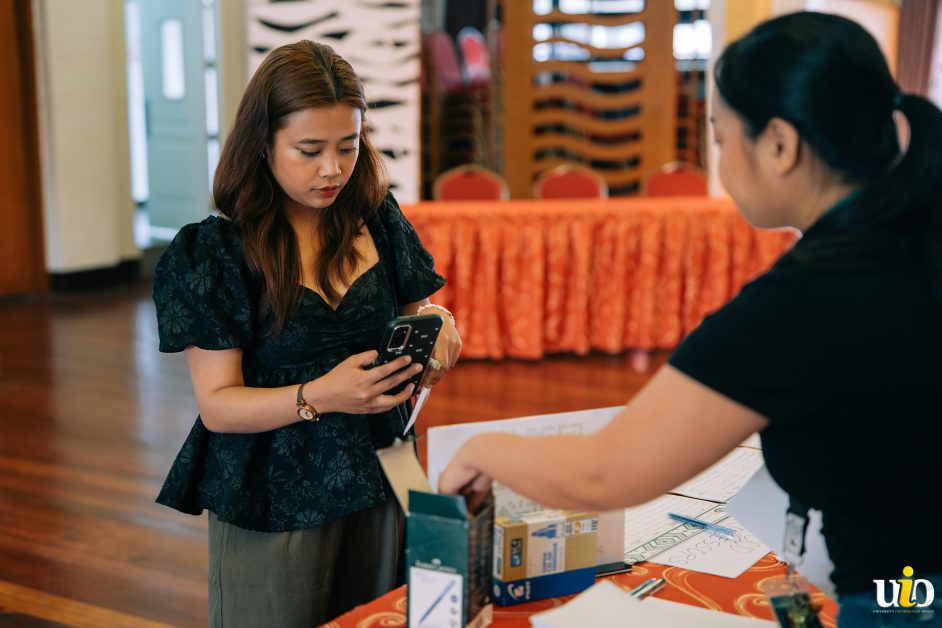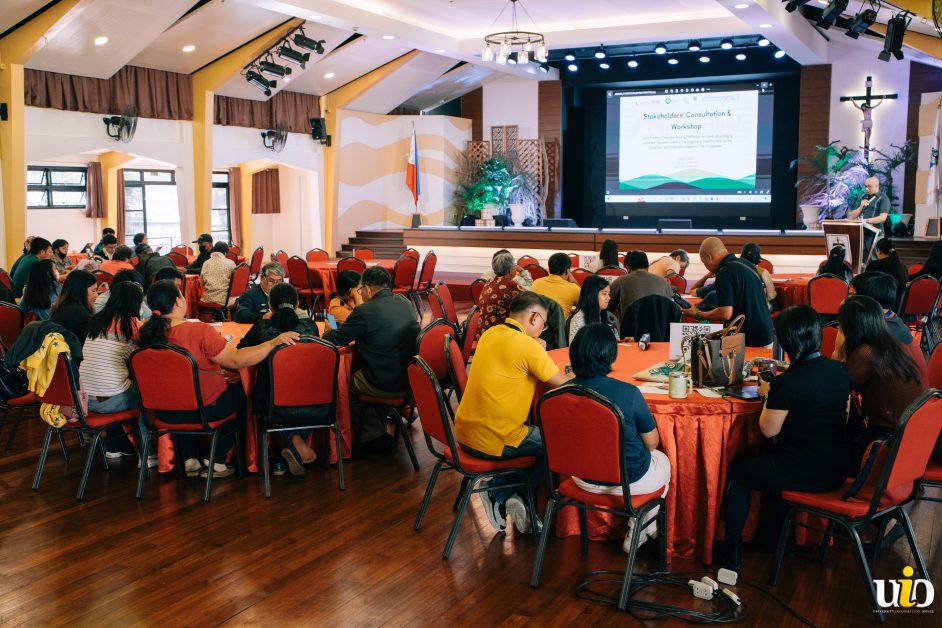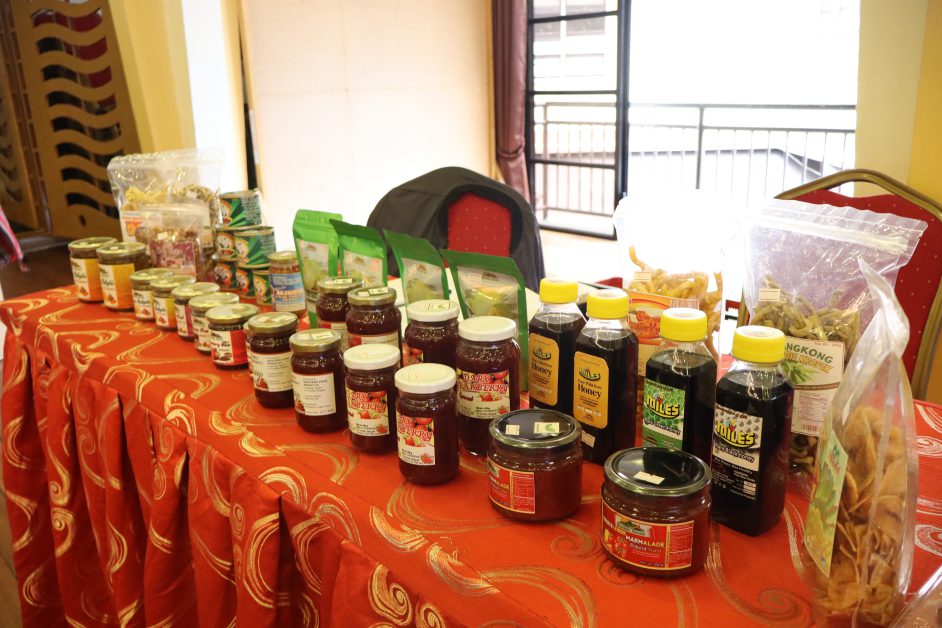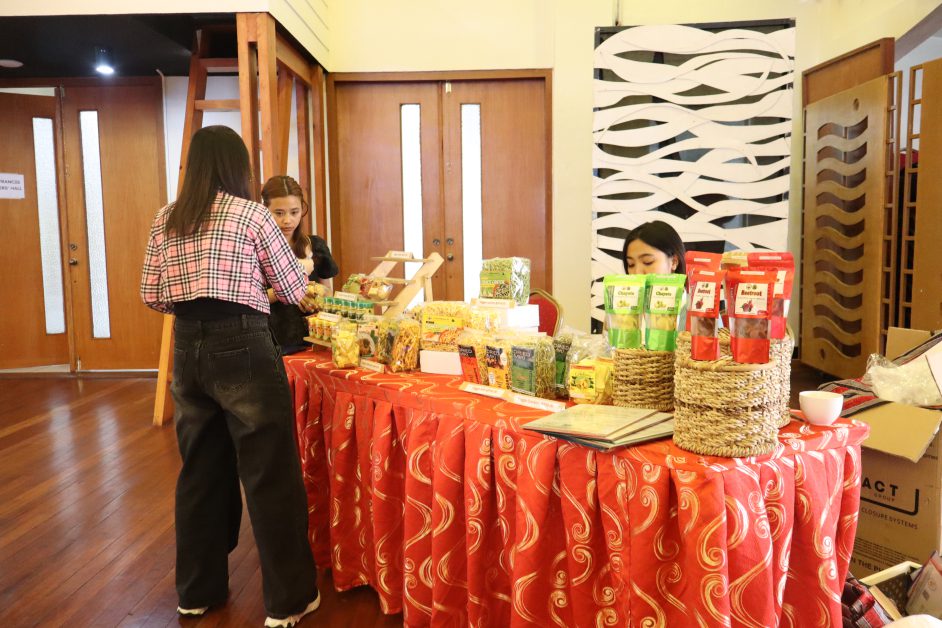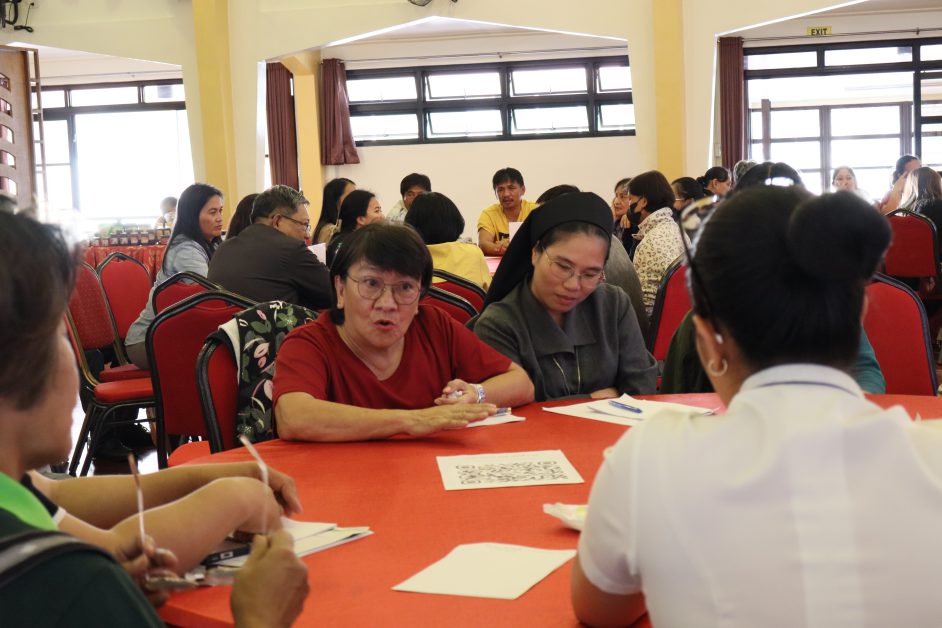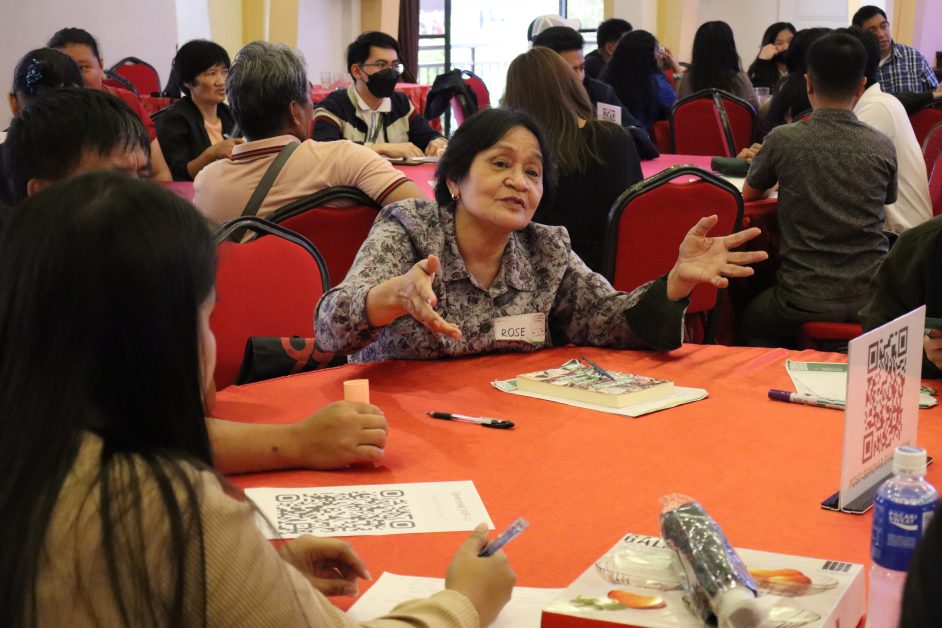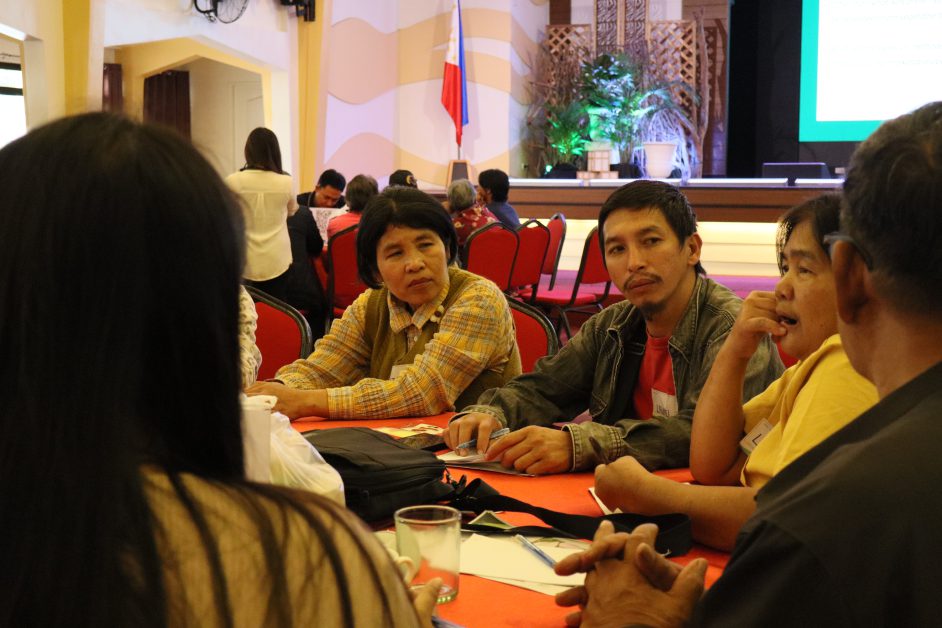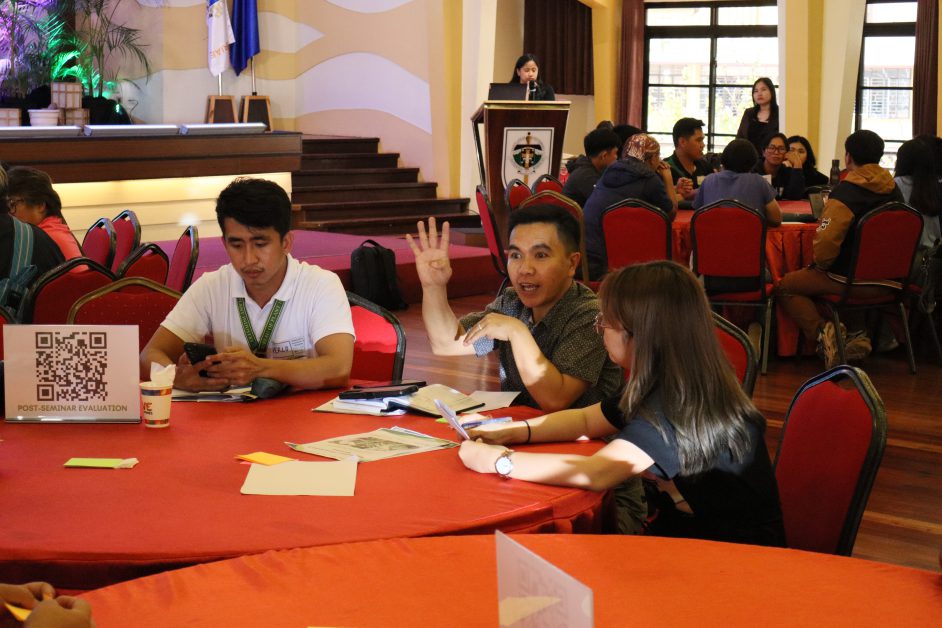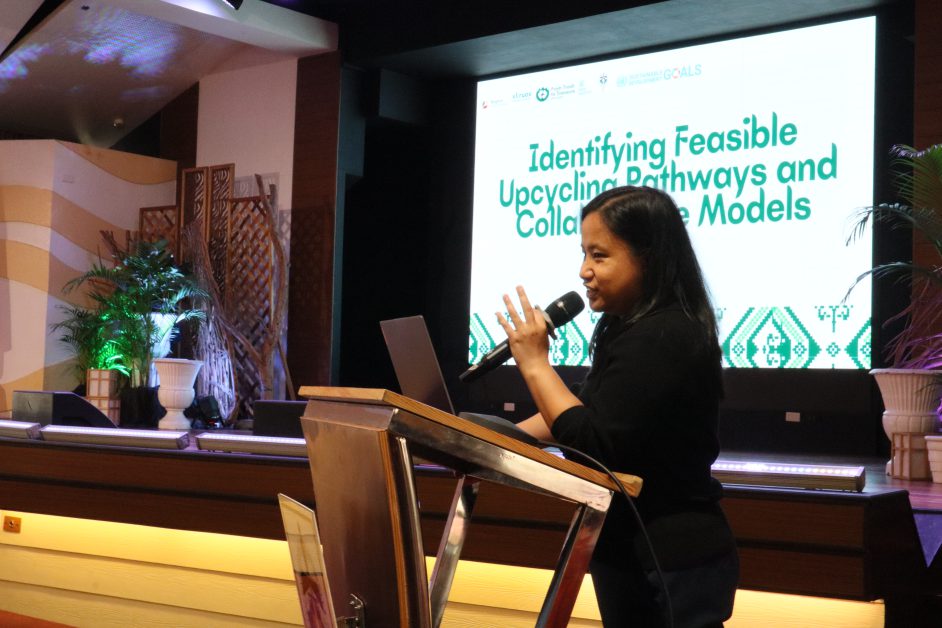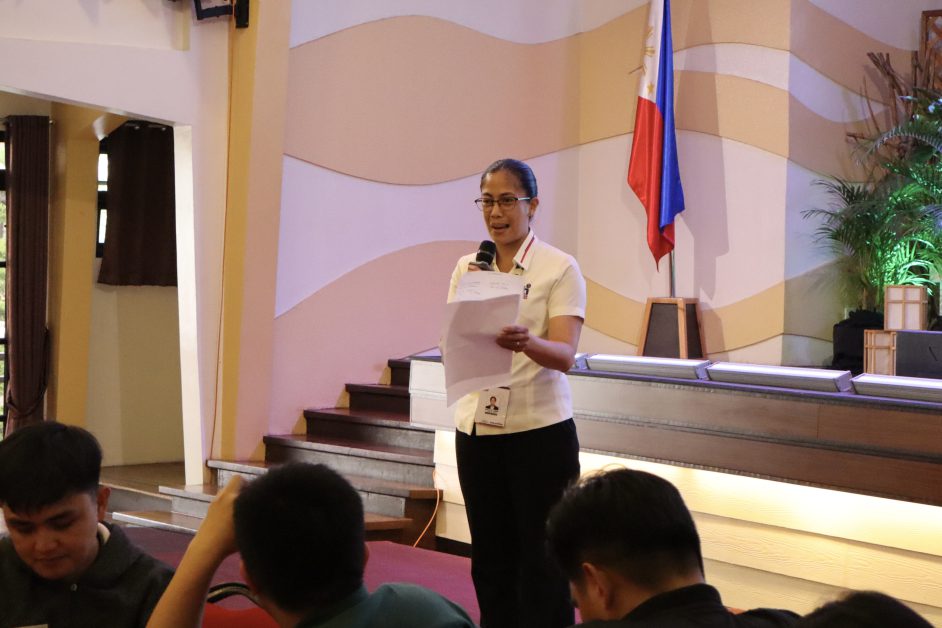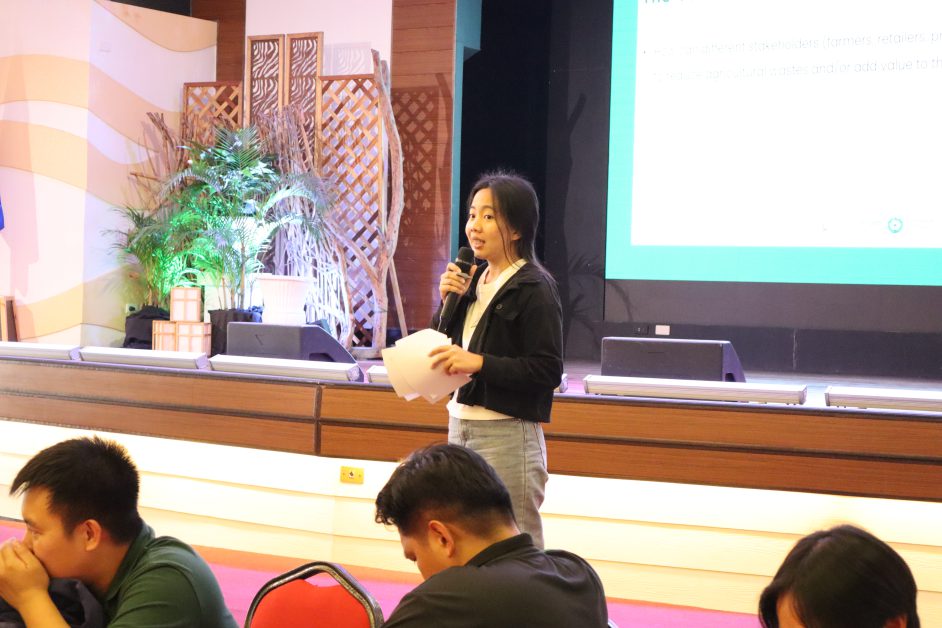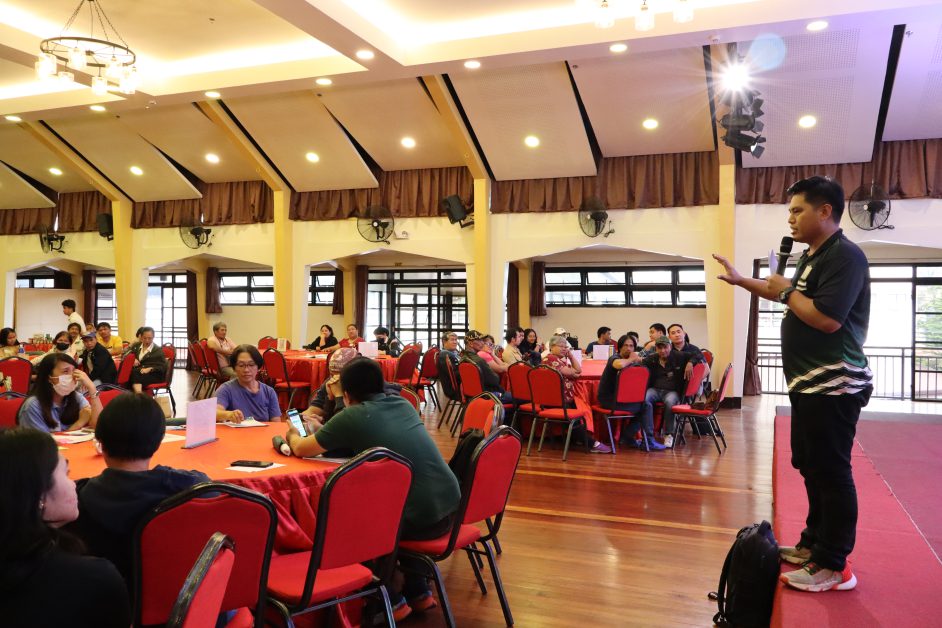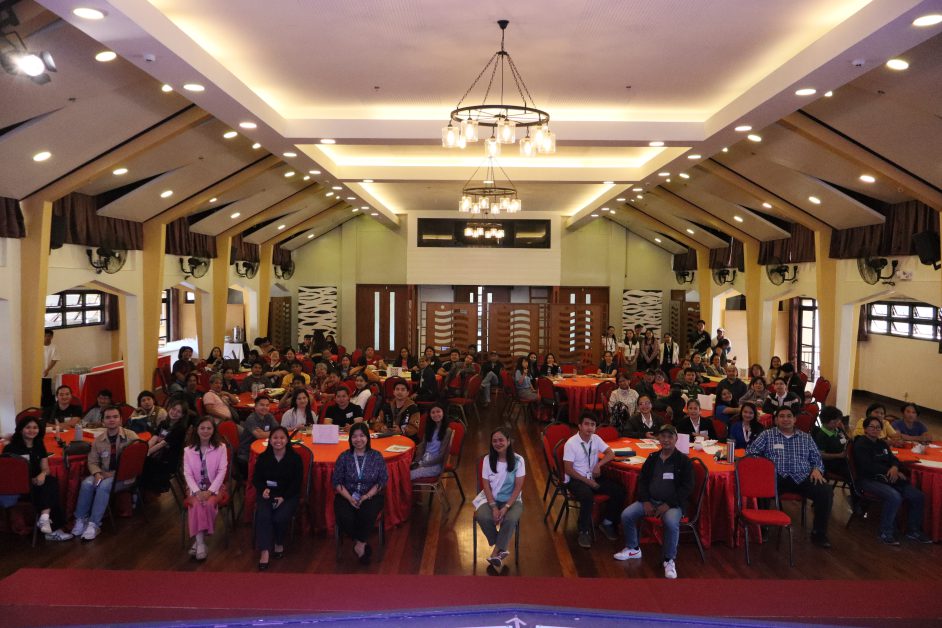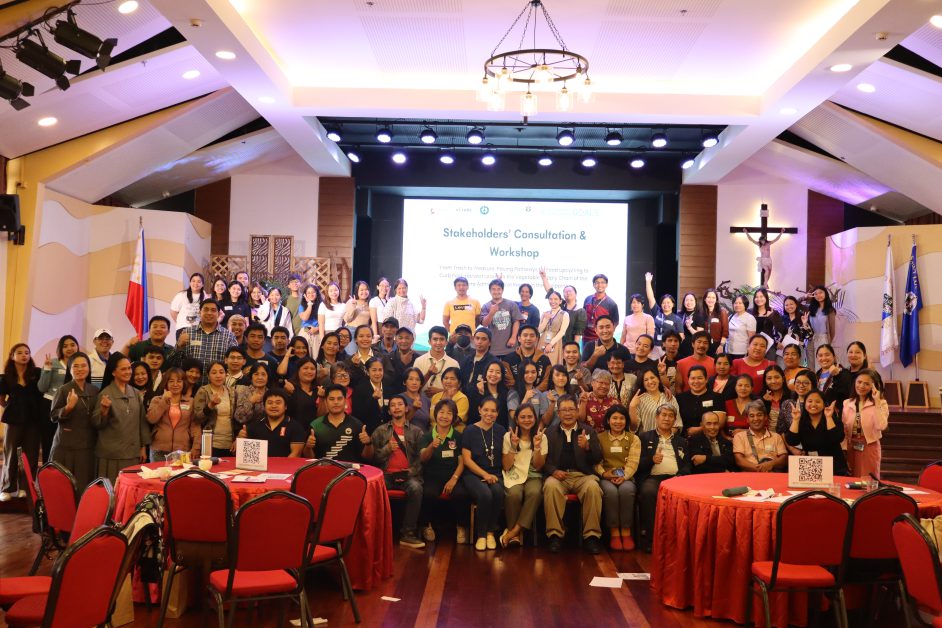Saint Louis University (SLU), through the University Research and Innovation Center (UnRIC), hosts the “‘Stakeholders’ Consultation Meeting and Workshop” as part of the Flemish Interuniversities Council University Development Co-operation or Vlaamse Interuniversitaire Raad Universitaire Ontwikkelingssamenwerking (VLIR UOS)-funded project, “From Trash to Treasure: Paving Pathways for Food Upcycling to Curb Post-Harvest Losses in the Vegetable Supply Chain of the Cordillera Administrative Region in the Philippines.” This project is being implemented in collaboration with the Department of Agricultural Economics and Faculty of Bioscience Engineering of Ghent University in Belgium.
The opening ceremonies took place in the morning of 06 March 2025, at Fr. Francis Gevers Hall and brought together a diverse group of participants, including representatives from Benguet State University (BSU), Central Luzon State University (CLSU), Department of Trade and Industry (DTI), Bureau of Fisheries and Aquatic Resources (BFAR),farmers, food processors, consumers, and government officials. The discussion centered on sustainable solutions for reducing post-harvest losses and promoting food upcycling in the region. Workshops on different topics– Identifying Feasible Upcycling Pathways and Collaborative Models and Creating an Action Plan and Roadmap for Scaling Up Upcycling– are held in the afternoon.
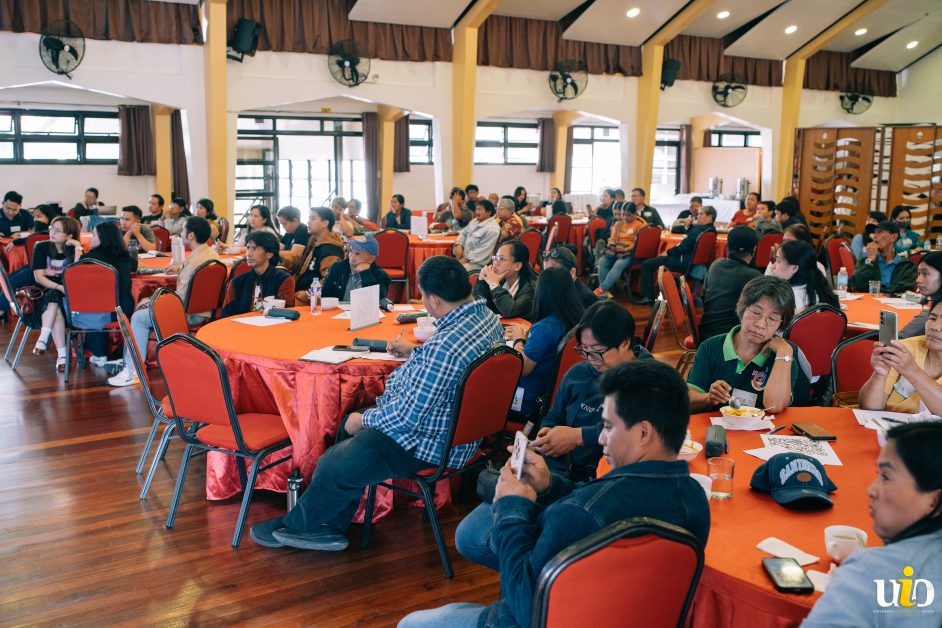
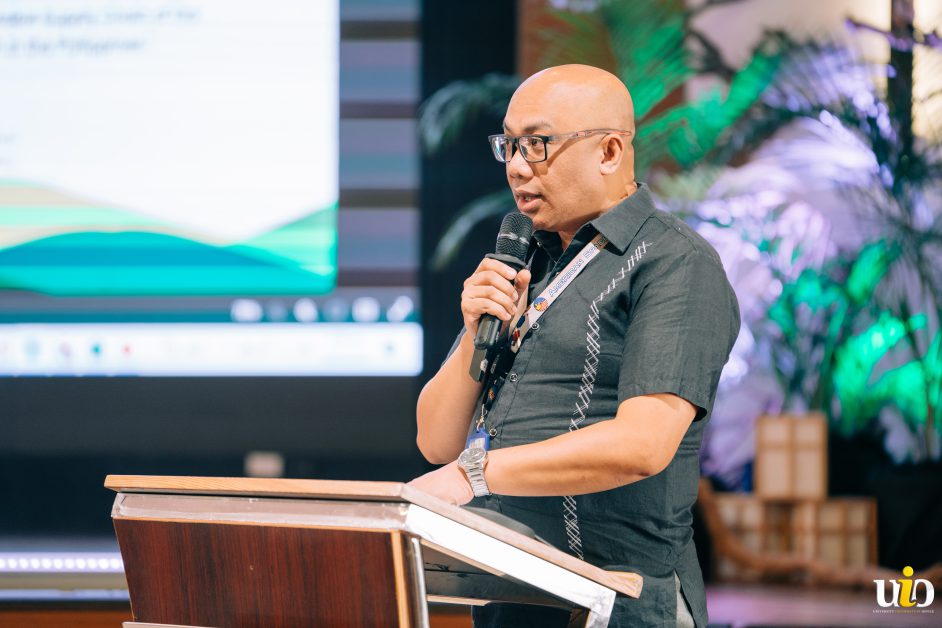
This food upcycling initiative, which began in September 2023, is a two-year project aimed at developing practical pathways for upcycling highland vegetable waste in the Cordillera Administrative Region (CAR). The consultation workshop serves as an important platform that gathers valuable insights and experiences from stakeholders directly involved in the vegetable supply chain.
During the discussion, Rosalina P. Bayan from Kanlungan Center Foundation shared her reflection saying, “Mayaman o mahirap ka man, affected ka niyan [food waste], lalong lalo na we are Cordillerans, nakikita natin ang food waste sa post-harvest pa lang.” (Whether you are rich or poor you are still affected by the food waste, especially we are Cordillerans, we witness the food waste during post harvest time.)
Key faculty members from SLU, include UnRIC Director Richel Lamadrid, PhD, from the School of Accountancy, Management, Computing and Information Studies (SAMCIS); Ms. Mary Luz Fiangaan and Ms. Jennet Razo, PhD of School of Nursing, Allied Health, and Biological Sciences (SONAHBS); and Engr. Daphne Leal of the School of Engineering and Architecture (SEA) actively participated in the event.
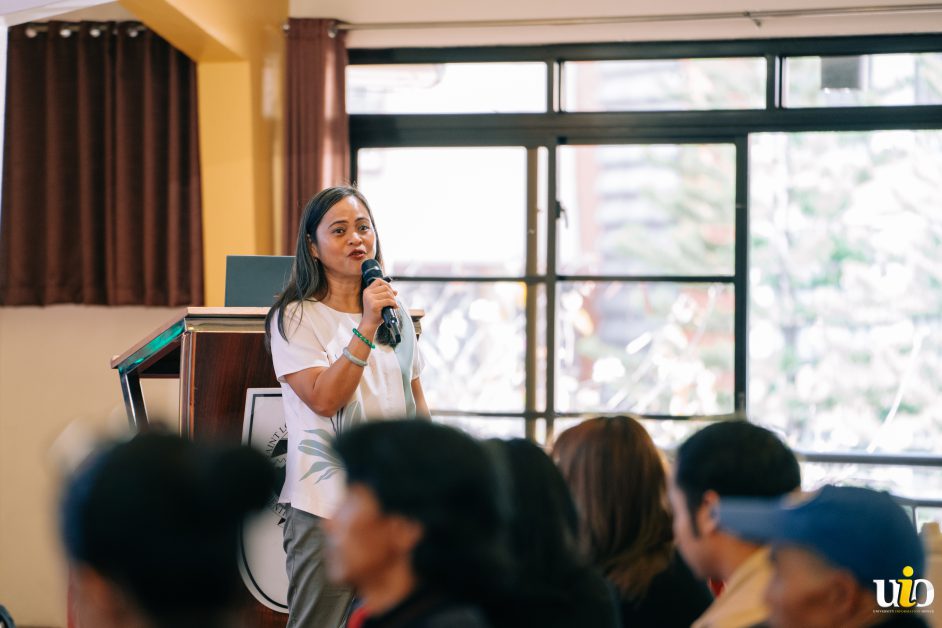
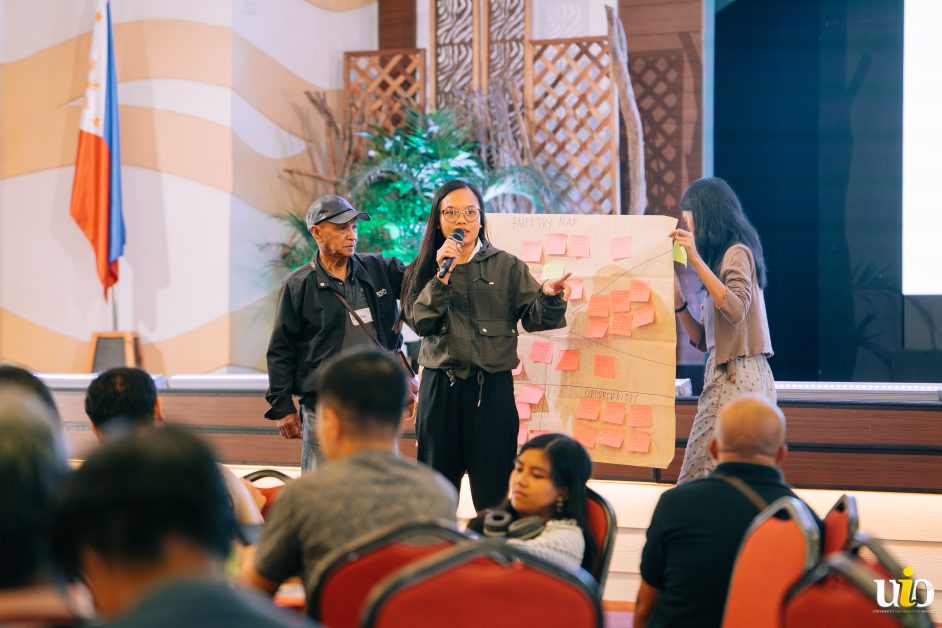
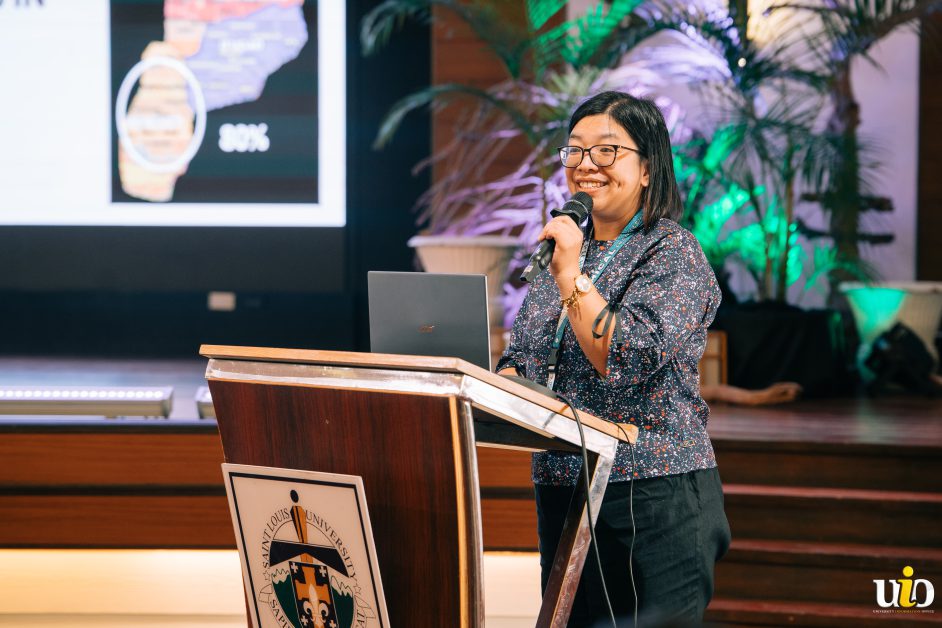
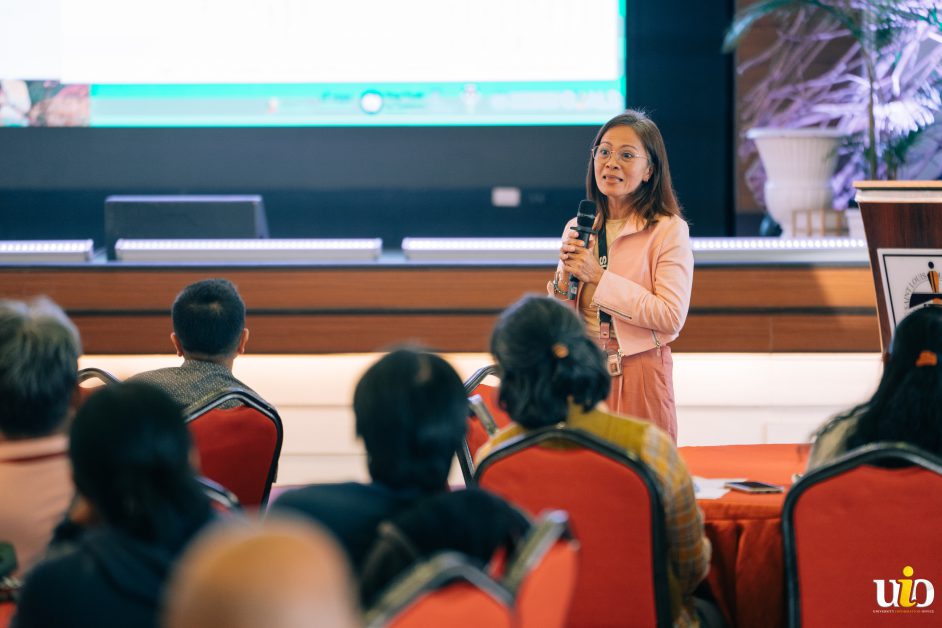
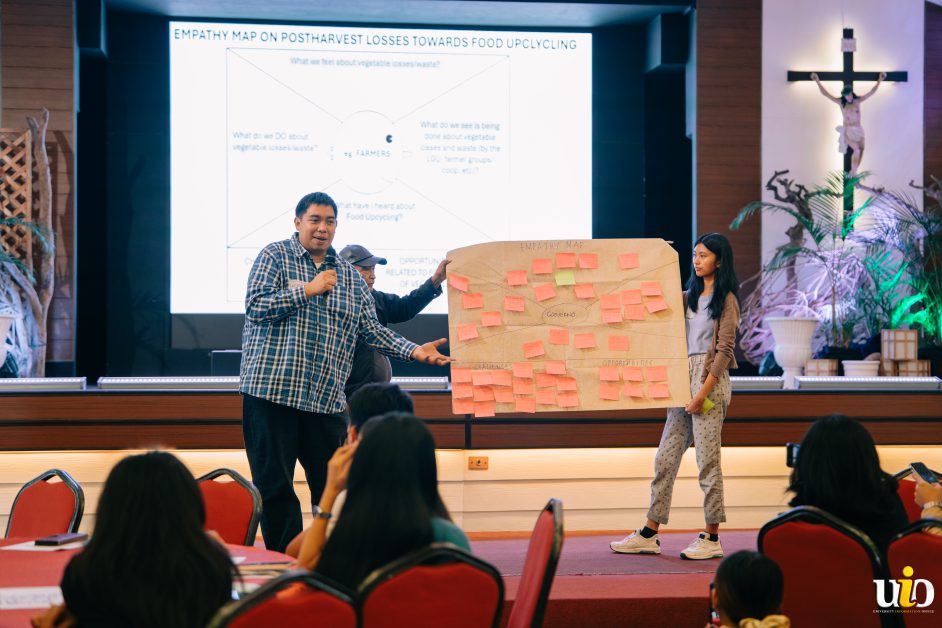
The successful completion of this consultation workshop will play a focal role in mapping out sustainable and feasible pathways for upcycling vegetable waste in the region. This effort is expected to contribute significantly to reducing post-harvest losses and promoting a circular economy in the food sector.
In hosting this event, SLU continues to uphold the United Nations Sustainable Development Goals (UN SDGs), specifically Responsible Consumption and Production (SDG 12), which will provide the future generation more time to focus on the vegetable supply chain in the country.
Through this collaborative project, lasting positive impacts on the local community are anticipated, benefiting farmers, consumers, and the environment alike. The discussions held during the workshop are expected to shape the future of food upcycling in the region, ensuring that the project’s goals of sustainability and waste reduction are effectively met. (Article by Faithe Janerie Dugay, UIO Intern | Photos by Michael Dadd and Aivian Culanag, UIO Interns | Rachel Quilling, OGRAA Intern)
